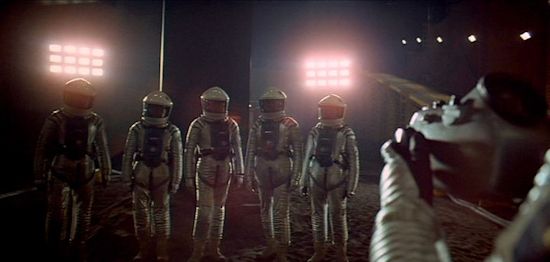I’ve worked in two different AAA companies, so I’ve seen what game producers roles are like from the developers end. To a coder, a producer is that slightly annoying person who keeps asking you how long stuff will take, and when it will be done, and how sure you are about that, and fussing about task-lists and todo lists and ‘the schedule’ which is this almighty document that is basically like the 2001 monolith as far as they are concerned, such is its importance to them.

As a coder, I always entered thrilling and enthusiastic, occasionally even sarcastic debates about how long a feature would take. My best guess was always somewhere between a day and infinity years. Basically, we are always doing stuff we don’t know how to do. if we’ve done it before, we will just copy and paste or re-use existing code. If we have *not* done it before…then things get interesting. We aren’t just typists. A good coder is basically a researcher, who works out how to achieve things. Knowing how long that takes is HARD. It might not even be possible.
With gameplay design, its even harder. Nobody knows whats in the design document is fun. It might not be fun, and then the whole schedule turns quickly to bollocks.
Now thats all kinda fun as an employee coder, but as a producer/publisher, I realize now its fucking mayhem. For example, ShadowHand and Democracy 3:Africa are both appearing at the PC Gamer Weekender show. This is aiming to be close to when both games ship, but will they? I may need to book some advertising in advance, can I do that now? Will they definitely ship? Will the coders hit their targets?
I feel like the producers that I worked with must have felt, standing behind someone who is typing away, wondering if they are about to turn around and say ‘this won’t work’ or alternatively ‘it’s done’.
Publishing games is basically a bit of a roulette.